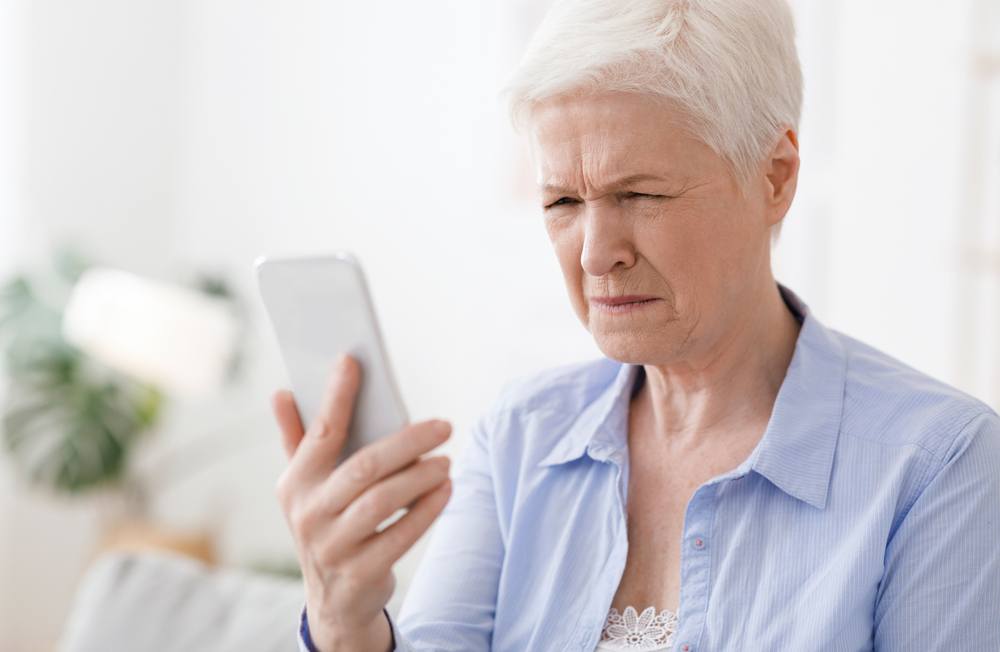8 Non-Covid Symptoms You Should Not Overlook During The Pandemic

The coronavirus pandemic has made most of us wary of paying a visit to the doctor’s office or going to the hospital. We’ve rescheduled or canceled our routine visits and started relying more and more on online medical appointments, in our attempt to stop the spread of the virus.
While it’s essential that we continue with the safety measures like handwashing, avoiding touching our face, wearing a mask in public and maintaining social distance, it’s equally important to receive the proper medical attention, especially when it’s an emergency. We might be in the middle of a global pandemic, but our health can’t wait until it goes away completely (if ever).
But what exactly is a medical emergency? When exactly should you call 911 or head to the emergency room? Read on to find out the answer to these questions and the non-COVID-19 symptoms you should not overlook because of the pandemic.
You might also want to discover these Strange COVID-19 Symptoms You Might Miss Too.

-
Discomfort in the chest, back or neck
If you suddenly feel pain, pressure or tightness in your chest, back, neck or arms that last for more than a few minutes or comes and goes abruptly, it might mean you’re having a heart attack.
Most people think that a heart attack usually manifests with chest pain, but it’s not always the case. Women, for instance, may experience other symptoms such as pain in the jaw, neck or arms, dizziness, nausea, lack of energy or cold sweat. If you’re concerned, get checked out as a precautionary measure.
See also: Top 7 Strangest Things That Can Affect Your Heart Health
-
Sudden change in behavior or function
It’s normal for people to change with the passing of time. But a sudden, major change in personality and/or behavior could mean much more than the occasional mood swings. If someone starts acting and reacting completely different from how they would normally behave in certain circumstances, the change might indicate a stroke, seizure or other serious problems.
Watch out for any signs of confusion, difficulty talking, shallow breathing, loss of coordination, weakness and facial drooping. If you or someone you know experiences any of these symptoms, call 911 immediately and wait for the ambulance to arrive. Don’t drive yourself to the hospital.

-
Sudden vision loss
It’s not unusual to have blurry vision from time to time, sometimes from spending too much time on the computer, driving long hours and the like. Abrupt loss of vision in one or both eyes, on the other hand, can indicate a medical problem that must be treated as soon as possible, such as a stroke or blockage of the drainage system within the eye.
Sometimes, temporary impaired vision can be a sign of lupus or early multiple sclerosis. Find out what your eyes might be telling you in our post: Eye Problems? Here’s What It Says About Your Health.
-
Severe headache
Most headaches should not represent a major concern as the pain will eventually subside, either on its own or with over-the-counter pain relievers. However, sometimes, a headache is more than just a headache. Sometimes, an abrupt or an unusual type of headache may indicate an underlying condition such as high blood pressure, an aneurysm or an infection.
“The only way to completely rule out causes of a more serious headache is to see a doctor who will order either a CT scan or MRI of your brain and possibly blood vessels, based on your symptoms,” recommends neurologist Isha Gupta, MD.
RELATED: 5 Ways to Ease Tension Headaches at Home.

-
Severe abdominal pain
Most of us refer to abdominal pain as a simple stomachache. But there’s nothing simple when it comes to your health. Sharp, stabbing pains in the abdominal area can indicate a serious health emergency, including appendicitis, pancreatitis, inflammatory bowel disease (IBD), intestinal blockage or infection.
If the pain starts abruptly, progressively becomes worse and you also experience other symptoms such as nausea, vomiting, diarrhea, swelling or bloody stool, you need to call your healthcare provider or go to the emergency room.
RELATED: This Common Habit Might Cause More Severe COVID Symptoms.
-
Swelling in the face or mouth
If your face suddenly gets swollen for no apparent reason, it might mean more than just a puffy face after a long night of sound sleep. When the swollen is accompanied by sudden difficulty swallowing, breathing or speaking, it might be a sign of an allergic reaction to an allergen like food or medication. Your lips or throat can also get swollen, which might be caused by an infection.
Even if you have an EpiPen, it’s also a good idea to see a doctor as your condition might aggravate suddenly.
Read also: Noticed Any Bumps on Your Face? They May Signal These 5 Health Problems

-
Severe vomiting or diarrhea
Vomiting or diarrhea can go away in one day if proper treatment is received and in a few days without treatment and they are most of the times caused by intestinal infections, food poisoning, and even medications. However, in some cases, these symptoms may be caused by more serious illnesses, such as bowel obstruction and pancreatic cancer.
Uncontrolled diarrhea and vomiting can lead to dehydration, electrolyte losses, fainting, and even heart rhythm abnormalities.
Read also: 7 COVID-19 Vaccine Side Effects Dr. Fauci Wants You to Understand.
-
Change in heartbeat
“An irregular heartbeat is called an arrhythmia,” explains Dr. Pugazhendhi Vijayaraman, cardiac electrophysiologist and director of cardiac electrophysiology at Geisinger Northeast. “There are many different types, which can be temporary or permanent. Often, arrhythmias are harmless; however, if you feel a persistent irregular heartbeat, see a doctor.”
If the unusual change in heartbeat is accompanied by other symptoms such as light-headedness, dizziness, difficulty breathing or pain, it could be a sign of severe arrhythmia and heart attack. Numbness, facial drooping and muscular weakness accompanying the irregular heartbeat could be a sign of stroke.
Find out more about Strokes in Women: Risks, Symptoms and Prevention.


